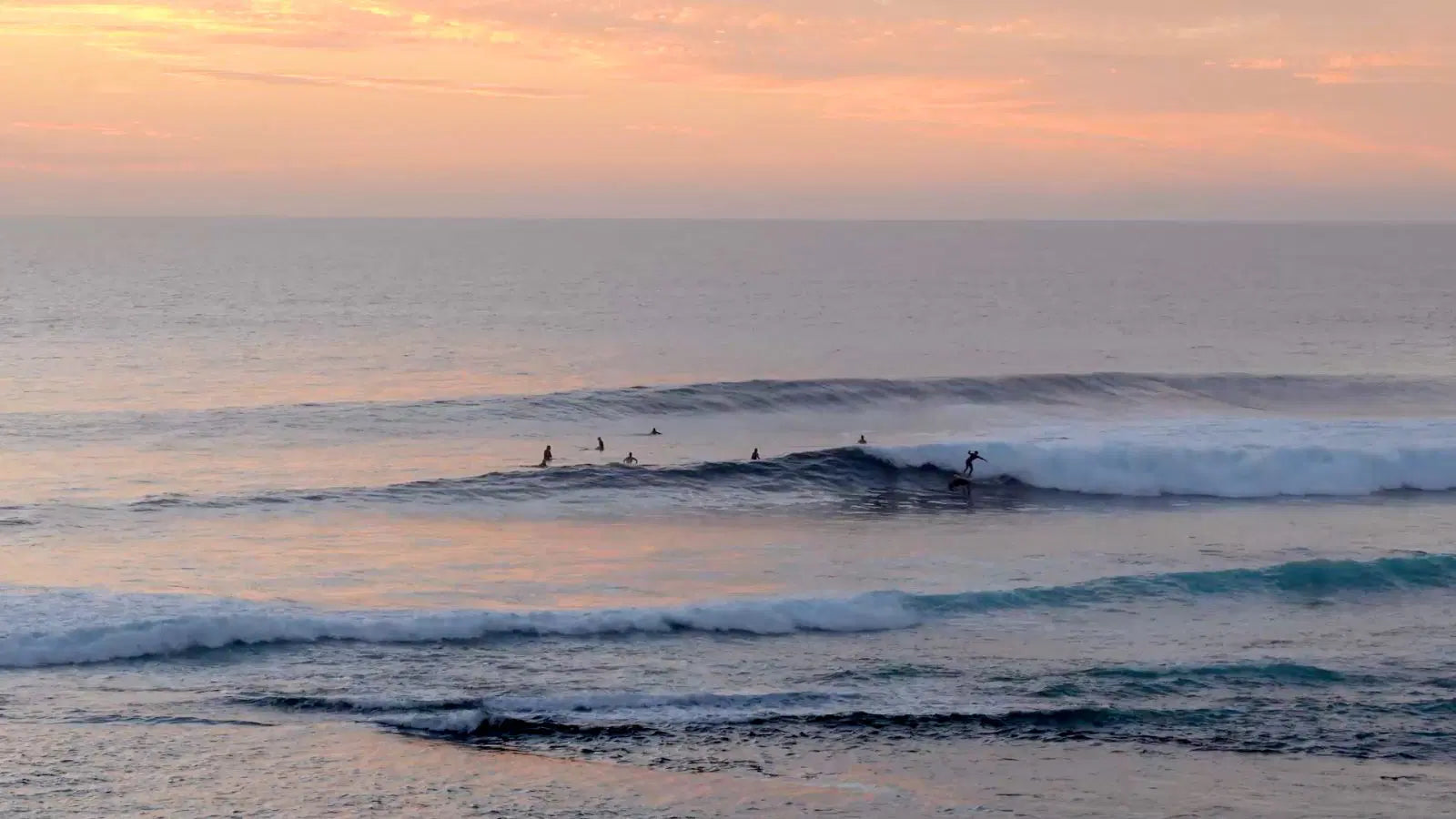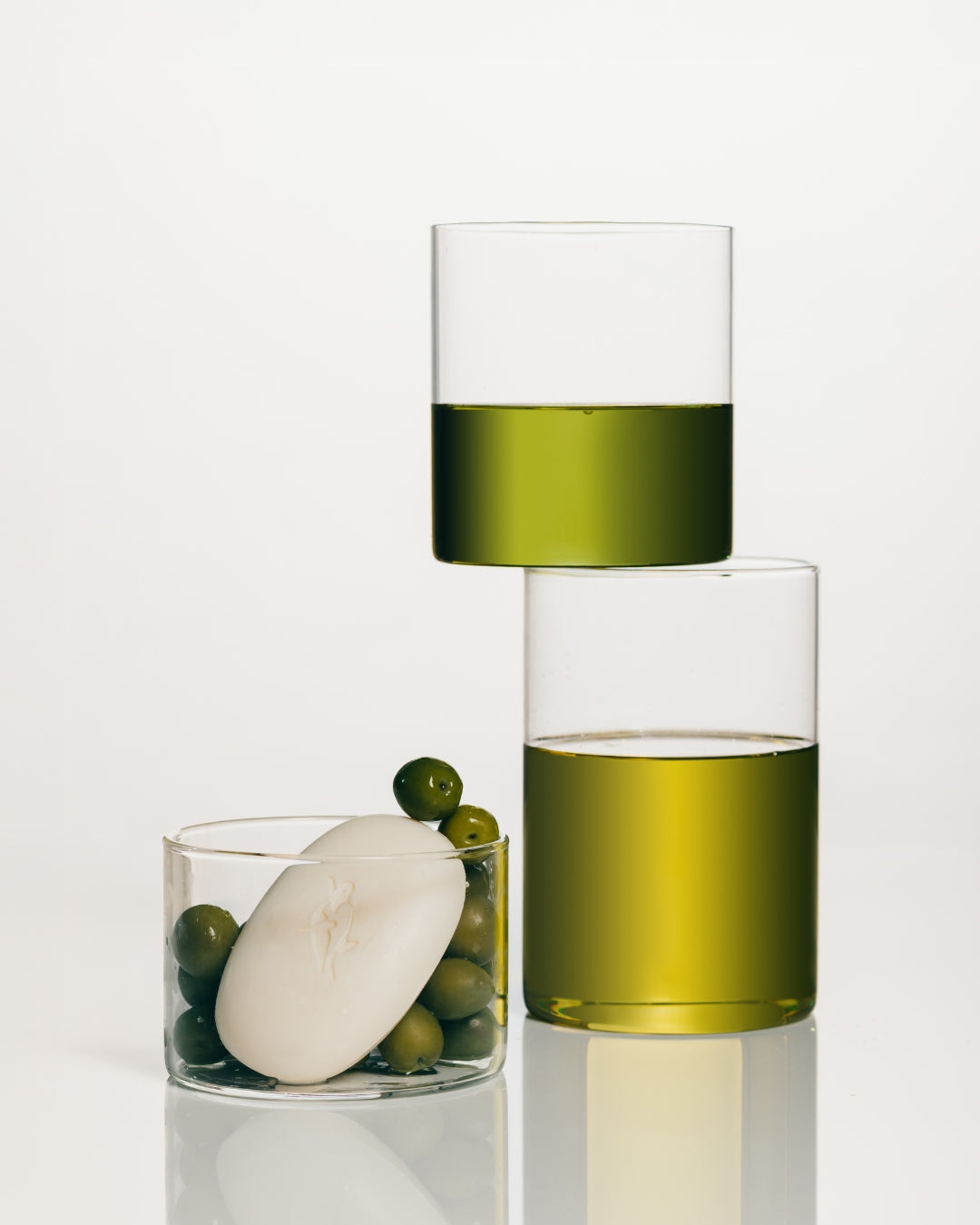The amount of plastic in our environment has increased exponentially over the past few decades. One study estimates that we have produced more than eight billion tons of plastics since 1950 – with more than half of this being produced over the past 20 years. Only around nine per cent of plastic gets recycled, with the rest ending up in landfill or in our waterways and natural areas.
So when we look at the three Rs: reduce, reuse and recycle – it’s clear that the best first step is to avoid buying or using plastics at all. While eliminating plastic completely is the ultimate goal, there are lots of great ways to reduce the amount you consume. An interesting exercise is to collect all the plastic you use over the course of a week or month, then go through and look at ways you can cut down by replacing with non-plastic items. Here are some other ideas to get you started.
Buy in bulk and shop locally -
When shopping for groceries, try buying in bulk to help reduce excess packaging. Look for stores or co-ops that offer bulk bins where you can bring your reusable containers for grains, beans, oats and other dry goods. Shopping at your local farmers' markets is another great option as the produce generally has little or no plastic packaging as well as being fresher, seasonal and locally sourced. Check out our tips for
plastic-free shopping online here too.
Get involved in local clean-ups or try ‘plogging’ -
Get involved in local clean-up initiatives and beach clean-ups. As well as helping remove plastic waste from the environment these activities also raise awareness. Join or organise clean-up events in your community, school or workplace and you will help inspire others to do the same. Or just grab a bag and some gloves next time you’re visiting a beach or are out for a walk with family and friends, and fill it with rubbish.
Avoid products that contain microbeads -
Those little beads found in beauty products such as exfoliants are so small they slip through water-treatment plants and can be consumed by marine animals who mistake them for food. Opt for products with natural exfoliants or even better, make your own with items from your pantry such as sea salt, coffee grounds or oatmeal.
Buy pre-loved items -
From furniture to clothes, white goods to appliances, there are so many items you can buy second hand. Not only will you save on all the plastic packaging these products typically come in, you’ll save money and reduce the carbon emissions the manufacture of these new products create.
Invest in eco-subscriptions -
The ‘set and forget’ of subscribing to eco-friendly products that get delivered regularly is beautifully convenient while saving you time and money. Our
Pure Planet Club bamboo toilet paper is 100% plastic-free and tree-free, and is made from renewable bamboo. It’s also packaged in a box, instead of plastic wrap, which is delivered straight to your door, plus you get a discounts for a regular subscription.
Repair, repurpose and rent -
Before replacing damaged goods, try repairing or repurposing them instead. You can also consider borrowing or renting items that you rarely use from friends or people in your local community.
Put pressure on corporations -
If a company you purchase from uses excessive amounts of plastic packaging, write to them and let them know, or share your comments on their website or social media platforms. And consider giving your hard-earned cash to a more sustainable competitor.




